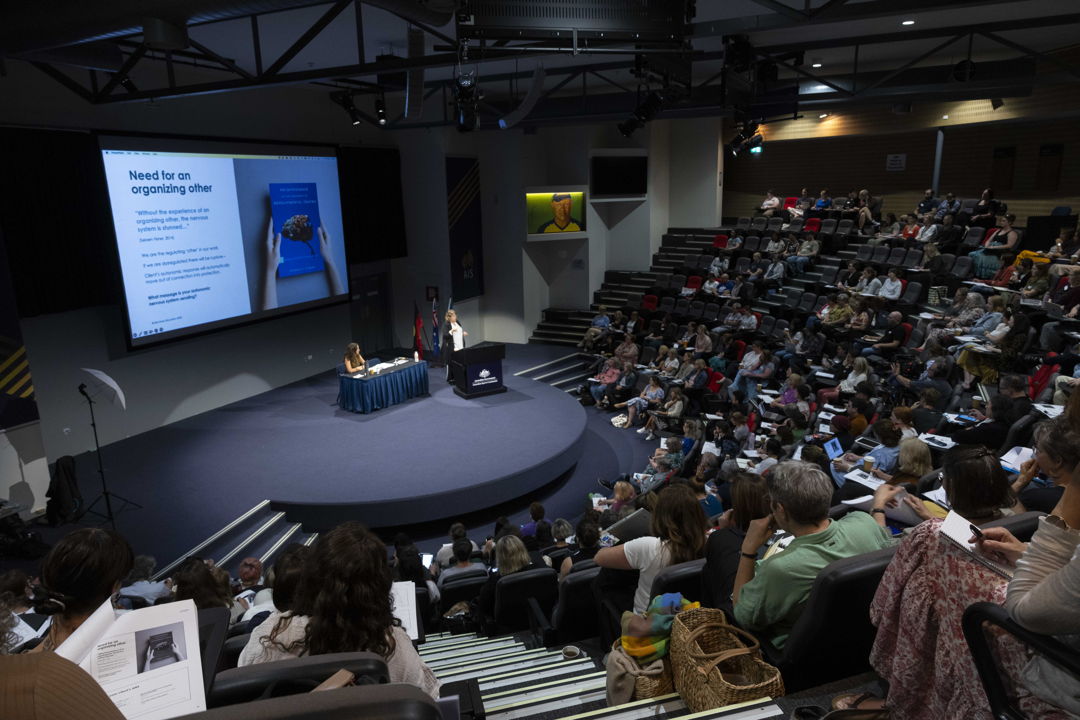What We Do

The story of Birchtree began a decade ago with a shared vision and a deep commitment to change.

Ten years ago, co-founders Jace Cannon-Brookes and Sophie Reid opened the doors of the Birchtree Centre, recognising a critical and growing need: a safe, truly trauma-informed space for survivors of complex trauma. At a time when such services were scarce and often inaccessible, Birchtree set out to do things differently – placing compassion, evidence-based care, and survivor empowerment at the heart of every interaction.
What started as a small centre with a bold mission has since grown into a leading hub for trauma recovery and mental health support. Today, Birchtree Centre is home to 55 dedicated trauma therapists, collectively supporting over 800 clients every week. This extraordinary growth reflects both the depth of unmet need in our communities and the trust our clients place in Birchtree’s unique, client-centred approach.
Our journey is one of purpose, persistence, and hope—and it’s far from over.
Our Mission
Our mission is to increase awareness and access to exceptional therapeutic services for survivors of trauma, addressing the significant health equity gap in these areas.
Key Objectives:
- Enhancing Trauma Care: The Foundation focuses on improving trauma care across Australia by providing inclusive, evidence-based programs and workshops for both trauma survivors and clinicians.
- Addressing Childhood Trauma: Recognizing the long-term effects of childhood maltreatment and neglect, the Foundation aims to mitigate these impacts through targeted support and education.
- Improving Accessibility: By offering free and inclusive workshops, the Foundation seeks to make trauma-informed care more accessible, especially for those in lower socio-economic groups or reliant on welfare.

What We Offer
A New Model of Empowerment
Birchtree Foundation was born from the conviction that it doesn’t have to be this way—that access to healing and empowerment should be universal, not a privilege. By bridging service gaps and building innovative, trauma-informed programs, we are reimagining what mental health support can be: more inclusive, more accessible, and more transformative.
At Birchtree Foundation, we believe that healing should not be determined by postcode or income. True recovery often requires more than just individual therapy. For trauma survivors, the isolation and disconnection that accompany their experiences can only be addressed through community, connection, and empowerment.
One of the most frequent and powerful requests we received was for self-defence training. But not just any kind—something deeper, more holistic, and grounded in lived experience. In response, we spent three years developing our Empowered Self Defence (ESD) program.
An educational program designed to give survivors of complex trauma a gentle and hope-filled road map to help navigate the path through healing. While we acknowledge that every journey of trauma healing is unique – both in the journey that brought you here and, in the journey onwards – there are indeed commonalities and things that we know can be of assistance. Think of some of what we will talk about as a menu of options – we suggest that you try them out to discover which work best for you. Remember that you might need to try things a number of times before you make that decision as our nervous systems are designed to doubt and distrust anything that is novel.
Unlike conventional self-defence, ESD is trauma-informed and grounded in feminist principles. Designed by women, for women, it goes beyond physical techniques to include:
Bodily autonomy and awareness
Rejection of rape myths
Verbal boundary-setting and de-escalation
Somatic integration
(informed by the “body keeps the score” framework)
Whole-self transformation
emotional, cognitive, and physical
The Birth of Birchtree Foundation
At Birchtree, we have always listened closely to the voices of our clients. Over time, a clear pattern emerged: essential services—especially for those impacted by childhood trauma—were consistently underfunded and out of reach. The need was urgent, and the gaps in the system were widening.
Childhood maltreatment and neglect leave deep and lasting impacts. These traumas don’t just affect emotional and psychological wellbeing—they reverberate into adulthood through increased risks of mental illness, substance dependency, and chronic health conditions. The link between adverse childhood experiences and compromised adult health is now well established.

Where We Work

Rural and Regional Challenges
These challenges are further magnified in regional Australia, where limited availability of services, geographic isolation, and financial barriers contribute to a profound health equity divide. For many, especially in low-income or welfare-dependent households, accessing 1:1 therapy remains simply out of reach.
The COVID-19 pandemic intensified this crisis, triggering a sharp rise in anxiety and mental health issues while further straining an already overwhelmed support system. Government initiatives such as the Medicare Mental Health Plan offer some relief—but too often, they fall short of meeting the actual need on the ground. Over the past 8 years Birchtree Foundation has offered programs in Orange, Dubbo, Tamworth Coffs Harbour, Port Macquarie and Canberra.
Working with people and places that are under-serviced and in need:
A key defining feature of complex trauma is the experience of feeling ‘unseen and unheard’. At Birchtree Foundation, we endeavour to support people and places that have traditionally been ‘unseen and unheard’ by public and private healthcare. Our programs are offered as a fee for service to workplaces, schools and universities. This enables us to provide free or low cost programs to survivors throughout Australia.
